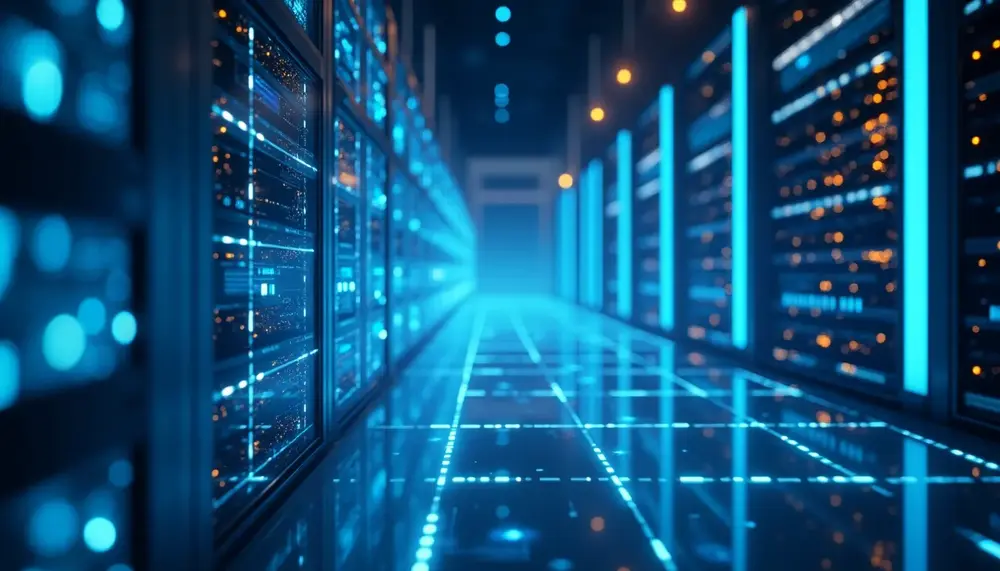The Era of Decentralized AI: A New Frontier in Technology
According to Forbes, the digital assets industry is undergoing a significant transformation with the rise of generative AI (GenAI) and its integration with blockchain technology. This convergence has given birth to decentralized AI (deAI), a groundbreaking approach that combines AI capabilities with blockchain's decentralized nature. DeAI platforms, powered by AI crypto tokens, are reshaping industries by offering transparency, decentralized control, and inclusivity. These tokens enable transactions, incentivize collaboration, and allow token holders to participate in governance processes.
Forbes highlights notable deAI projects such as SingularityNET (AGIX), which aims to accelerate open-source AI research, and Fetch.ai (FET), a marketplace for connecting with autonomous AI agents. These platforms showcase the potential of deAI to surpass centralized AI systems like OpenAI’s ChatGPT and Google’s Gemini by providing real-time visibility and reducing the risk of centralized control. However, the adoption of deAI also introduces challenges, particularly in governance and scalability.
Legal tensions surrounding intellectual property (IP) and data ownership have further fueled the development of deAI. Forbes reports that centralized AI models like ChatGPT have faced lawsuits over alleged copyright infringements, as creators claim their works were used without proper authorization. DeAI platforms, such as Sahara AI, aim to address these issues by leveraging blockchain to prioritize user control and compensate data contributors. Sahara AI allows users to collaboratively create and monetize AI models, shifting away from traditional data models that primarily benefit centralized entities.
Despite its promise, deAI faces significant governance hurdles. Forbes notes that decentralized platforms often operate in regulatory gray areas, as existing laws are designed for centralized systems with clear "controllers." This lack of a centralized entity complicates compliance with consumer privacy regulations and other legal standards. Additionally, scalability remains a major challenge, as blockchain infrastructure struggles to handle large-scale AI applications efficiently. These obstacles could slow the adoption of deAI compared to centralized GenAI platforms.
Forbes concludes that while deAI has the potential to redefine the AI landscape, its success depends on overcoming governance and scalability challenges. Organizations must adopt tailored governance frameworks to address the legal, ethical, and operational complexities of decentralized AI. As deAI continues to evolve, prioritizing transparency, accountability, and proactive planning will be crucial for navigating this transformative yet uncertain technological frontier.
Source: Forbes, "The Era Of Decentralized AI" by Charlyn Ho. Read the full article at https://www.forbes.com/sites/digital-assets/2025/03/15/the-era-of-decentralized-ai/
Sources:















